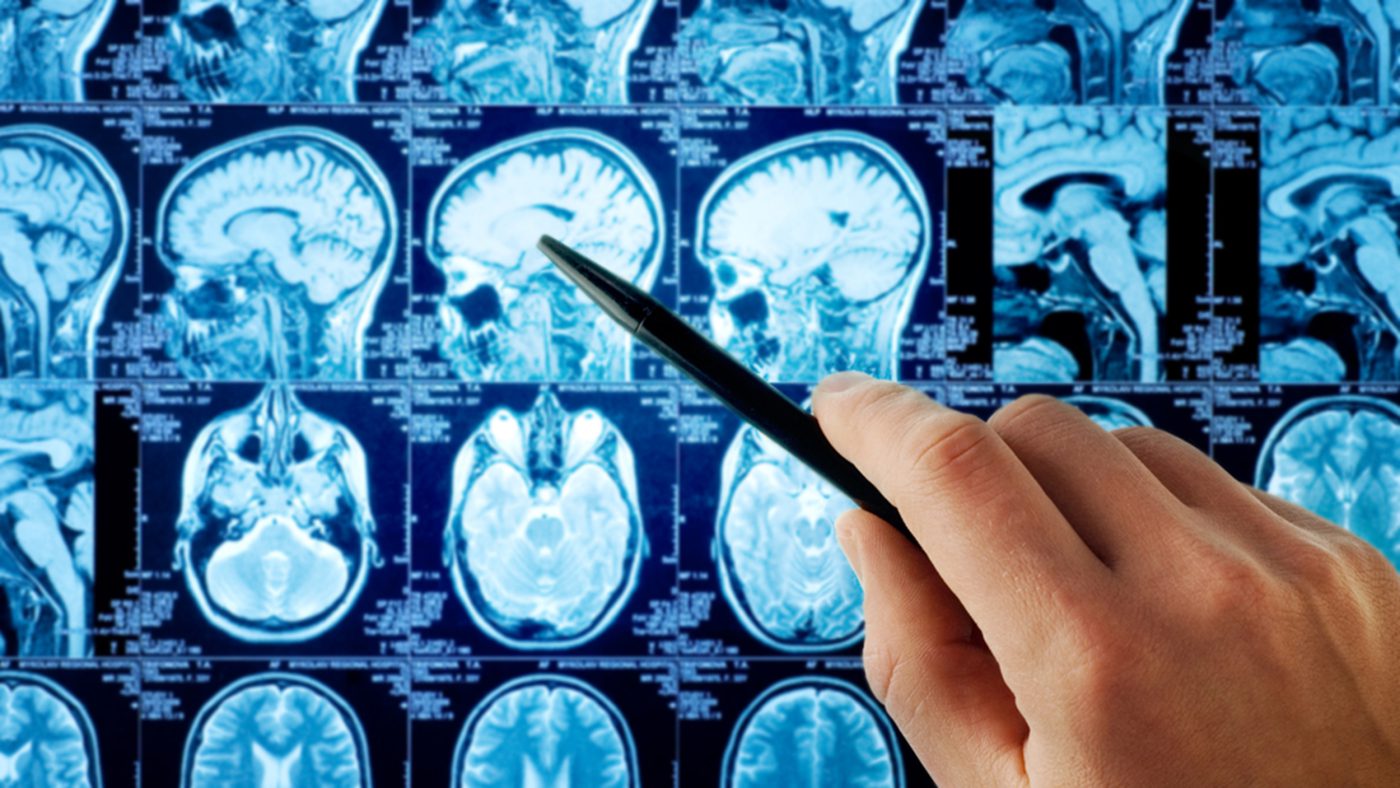Glioblastoma surgery in Iran
Glioblastoma, or fourth degree astrocytoma, is a type of brain cancer.
Tumors of this disease are caused by the overgrowth of normal brain cells.
When these cells grow in mass inside the tissue, a tumor forms.
The disease usually occurs between the ages of 45 and 70 years.
Then Dr. Mehdi Zeinalizadeh, a specialist in neurosurgery and spine surgery in Iran, provides more information about this disease.
Risk factors for glioblastoma
Signs and symptoms of glioblastoma
- Headache that may get worse in the morning.
- nausea and vomiting.
- Change in vision
- Convulsions
- Gait disturbance
- Weakness or numbness on one side of the body or in the arms or legs
- Changes in mood
- Memory or thinking disorder
How to diagnose glioblastoma
Brain tumors are commonly seen on brain imaging, such as CT scans or MRIs. Tumor biopsy is needed to confirm the diagnosis.

Treatment of glioblastoma in Iran
- Glioblastoma surgery in Iran to remove a large portion of the tumor
- Radiation therapy to shrink or eliminate the tumor
- Chemotherapy to shrink or kill the tumor. Because healthy cells can also be killed, chemotherapy has many side effects.
- Targeted treatment that uses substances that damage or destroy cancer cells without affecting normal cells.
- Steroid medicine to reduce brain swelling and improve symptoms
Follow these instructions at home:
Take any medicine only with the permission of your doctor
Complete all stages of your treatment as directed by your doctor
Contact your doctor if:
- Return of symptoms
- Diarrhea, vomiting or abdominal pain
- Inability to eat and drink
- Feeling weak or tired too much
- Good weight loss
Ask others for help if:
- Diarrhea, vomiting or abdominal pain that does not go away
- New symptoms such as vision problems or difficulty walking
- Convulsions
- Bleeding that does not stop
- Respiratory disorders
- Fever
الدکتور مهدي زينلی الزادة – استاذ جراحة المخ و قاعدة الجمجمة
Dr. Mehdi Zeinalizadeh – professor in brain surgery and cranial base
Glioblastoma surgery in Iran

